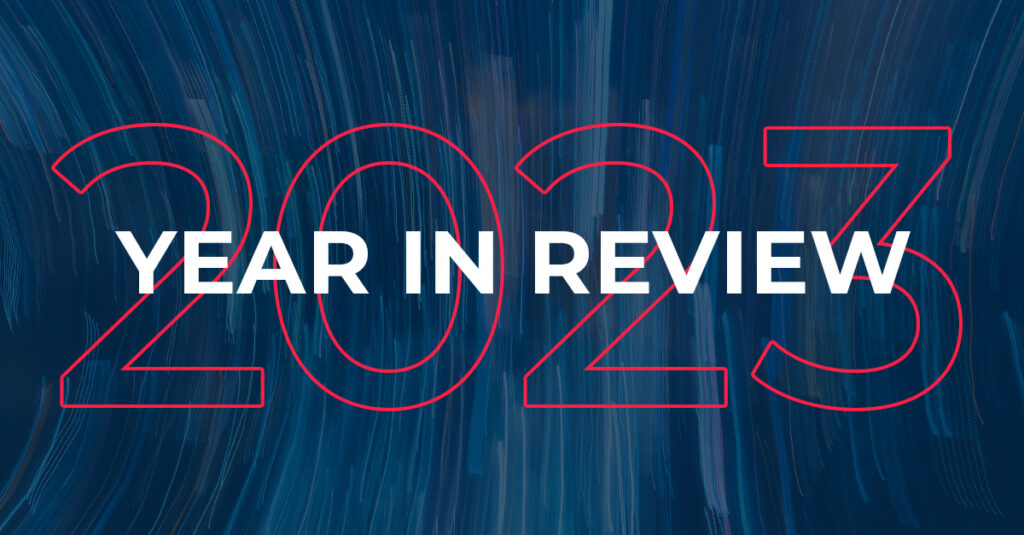
5 Ways to Engage Your Remote Workforce
Since the outbreak of the COVID-19 pandemic, remote work opportunities took off in India—and they haven’t slowed down since. According to a recent LinkedIn study, the percentage of paid job postings on LinkedIn that offered remote work in 2020 had grown 35 times compared to the beginning of the year. As of May 2021, the share of remote job postings is up almost three times year-over-year.
For Indian workers who enjoy work-from-home flexibility, the growing prevalence of this remote work trend has been incredibly encouraging. Jobs like DevOps Engineers, Javascript and Full-Stack Developers, Data Scientists, and Software Engineers are some of the most common roles that have been granted remote work privileges. As this work-from-home movement has shown little sign of slowing down, companies need to continue to refine their approach when engaging these workers.
The Growing Demand for Tech Talent in India
Here are five strategies on how companies can maintain high levels of employee engagement and participation—even in a work-from-home setting:
Communicate, communicate, communicate
The key to maintaining employee engagement with work-from-home employees is utilizing several different means of communication. Beyond sending formal emails and conducting meetings over phone or video, managers can use messenger tools through Microsoft Teams and Slack, distribute quick pulse surveys, organize informal post-work happy hours, and coordinate regular check-ins to ensure their teams are remaining satisfied in their roles. Some companies have even used regular podcast series to disseminate information quickly. Use outside-the-box thinking to come up with a communications approach that is both practical and well-received by your company’s employees.
Conduct creative events
For remote employees that are unable to report to the office, their work schedules may tend to get dull, boring, and monotonous. That’s why organizations should take it upon themselves to plan creative events that engage their workers—even at home. Plan a virtual cooking class, coordinate a comedy hour with a comedian, set up a session with a yoga instructor, or hold a team trivia night. By getting your employees excited about upcoming activities, they will most likely be happier in their role, better engaged with your company, and more willing to stay in their position for the long haul. Plus, you’ll reap the benefits of building a tight-knit culture of connectedness—one that encourages employees to be their authentic selves.
Be flexible and accomodating
Adjusting to added personal and professional responsibilities has been difficult for some workers. From caring for young children or elderly parents to working in a noisy space that is not conducive to productivity, there are special circumstances that can serve as distractions during the workday. To show support for employees, managers should allow their workers to establish a routine that works best for them. For example, some workers may be best suited to work early morning hours while having the opportunity to take care of their personal responsibilities later in the evening. As long as the work gets done—and gets done well—organizations should have little concern about when their employees are working.
Develop trust through transparency
Keeping your employees up-to-speed on your organization’s approach to mitigating the effects of COVID-19—including the potential implementation of vaccine mandates—is a great way to develop their trust. Ultimately, workers want to be kept in the know on important company decisions. Providing ongoing transparency by supplying your employees with relevant information in a timely fashion is a great way to maintain their confidence in your organization.
Show empathy and appreciation
Although remote work has its perks, chances are high that employees who are working from home may eventually succumb to the effects of burnout. While business needs may be pressing, it is the health and well-being of your employees that should be of paramount importance to your organization. Managers need to carefully toe the line between accountability and empathy when interacting with remote work employees. But most of all, when workers exceed expectations, be sure to recognize them accordingly. If senior-level executives can foster a culture of appreciation, this will be critical to the success of your organization’s talent retention efforts.
Looking to enhance the effectiveness of your employee retention strategies? Check out these six tips from our talent experts at Acara Solutions India.




